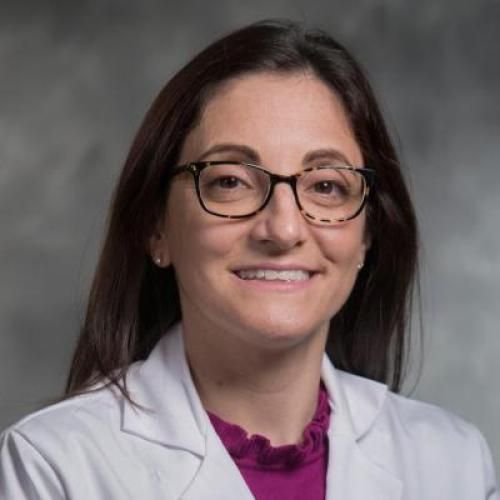Exercise modulation of the host-tumor interaction in an orthotopic model of murine prostate cancer.
The purpose of this study is to investigate the effects of exercise on cancer progression, metastasis, and underlying mechanisms in an orthotopic model of murine prostate cancer. C57BL/6 male mice (6-8 wk of age) were orthotopically injected with transgenic adenocarcinoma of mouse prostate C-1 cells (5 × 10(5)) and randomly assigned to exercise (n = 28) or a non-intervention control (n = 31) groups. The exercise group was given voluntary access to a wheel 24 h/day for the duration of the study. Four mice per group were serially killed on days 14, 31, and 36; the remaining 38 mice (exercise, n = 18; control, n = 20) were killed on day 53. Before death, MRI was performed to assess tumor blood perfusion. Primary tumor growth rate was comparable between groups, but expression of prometastatic genes was significantly modulated in exercising animals with a shift toward reduced metastasis. Exercise was associated with increased activity of protein kinases within the MEK/MAPK and PI3K/mTOR signaling cascades with subsequent increased intratumoral protein levels of HIF-1α and VEGF. This was associated with improved tumor vascularization. Multiplex ELISAs revealed distinct reductions in plasma concentrations of several angiogenic cytokines in the exercise group, which was associated with increased expression of angiogenic and metabolic genes in the skeletal muscle. Exercise-induced stabilization of HIF-1α and subsequent upregulation of VEGF was associated with "productive" tumor vascularization with a shift toward suppressed metastasis in an orthotopic model of prostate cancer.
Duke Scholars
Altmetric Attention Stats
Dimensions Citation Stats
Published In
DOI
EISSN
Publication Date
Volume
Issue
Start / End Page
Location
Related Subject Headings
- Treatment Outcome
- Prostatic Neoplasms
- Physiology
- Physical Conditioning, Animal
- Neovascularization, Pathologic
- Neoplasms, Experimental
- Mice, Inbred C57BL
- Mice
- Male
- Exercise Therapy
Citation
Published In
DOI
EISSN
Publication Date
Volume
Issue
Start / End Page
Location
Related Subject Headings
- Treatment Outcome
- Prostatic Neoplasms
- Physiology
- Physical Conditioning, Animal
- Neovascularization, Pathologic
- Neoplasms, Experimental
- Mice, Inbred C57BL
- Mice
- Male
- Exercise Therapy




